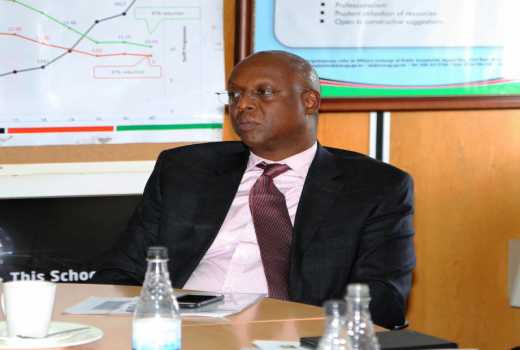×
The Standard e-Paper
Kenya’s Boldest Voice

The Government has put oil exploration firms licensed to operate in the country on notice for failing to meet their contractual terms. The State has also threatened to kick them out and repossess their licences.
Licensed firms are required to undertake minimum investments in the exploration works as well as community projects.